DHAKA, July 30 (V7N) – Law, Justice and Parliamentary Affairs Adviser Dr. Asif Nazrul today asserted that the next government will face immense pressure to deliver on reforms, given the unprecedented human cost of the recent July mass uprising.
"The government that would assume office next will come following the martyrdom of more than a thousand people and severe injuries, including loss of limbs, to thousands more," Dr. Nazrul stated. "The people of Bangladesh have never endured such sufferings or made such sacrifices for any reform or state repairing. So, it will not be easy to overlook their expectations."
Dr. Nazrul made these powerful remarks while addressing a view-exchange meeting on the publication of the first draft of 'The Government Attorney Service Ordinance, 2025', held at the Judicial Administration Training Institute (JATI) in the capital.
The event saw the participation of prominent legal figures, including Industries Adviser Adilur Rahman Khan, International Crimes Tribunal (ICT) Chief Prosecutor Muhammad Tajul Islam, Law and Justice Division Secretary Sheikh Abu Taher, Additional Attorney Generals Mohammad Arshadur Rouf and Aneek Rushd Haque, Home Ministry's Special Prosecutorial Assistant Ehsanul Haque Somaji, Supreme Court lawyers Barrister Ruhul Quddus Kazal, Dr. Sharif Bhuiyan and Barrister Tanim Hossain Shawan, US Embassy Resident Legal Advisor Rahul Kale, BGB Public Prosecutor Md Borhan Uddin, and Dhaka District and Sessions Judge Court Public Prosecutor Md Iqbal Hossain.
Law and Justice Division Deputy Solicitor Dr. Aminul Islam presented the draft ordinance and responded to various queries.
Regarding the proposed 'Government Attorney Service Ordinance, 2025', Dr. Asif Nazrul described a career prosecution service as one of the judiciary's longstanding expectations. He noted that a similar ordinance was enacted in 2008 but ultimately failed. "We tried to understand why it failed. I believe the ordinance was overly ambitious," he explained. "That's why we've taken a fresh initiative. It needs some degree of control from the ruling political party. In a country like ours, expecting zero political influence is unrealistic. Therefore, incremental reform would be more practical."
Dr. Nazrul, a distinguished professor of law at the University of Dhaka and a renowned constitutional expert and human rights activist, further observed that Bangladesh has had several opportunities for systemic reform throughout its history, particularly after its independence in 1971 and again in 1991. However, he lamented that those chances were not fully utilized.
He concluded with a stark warning: "If we fail to seize this opportunity to repair the state, establish rule of law and ensure human rights, we may not get another such chances in ages."
The July 2024 mass uprising, which led to the resignation of the former government, was marked by widespread protests and a severe crackdown by state forces and ruling party affiliates. Various credible sources, including a UN report, estimate that as many as 1,000 to 1,400 people may have been killed, with thousands more injured, during the unrest between July 1 and August 15, 2024. The interim government, led by Chief Adviser Professor Muhammad Yunus, has made "reforms, trials, and elections" its core mandates, aiming to establish accountability for past human rights violations and implement fundamental changes in governance and the rule of law.
END/SMA/RH/



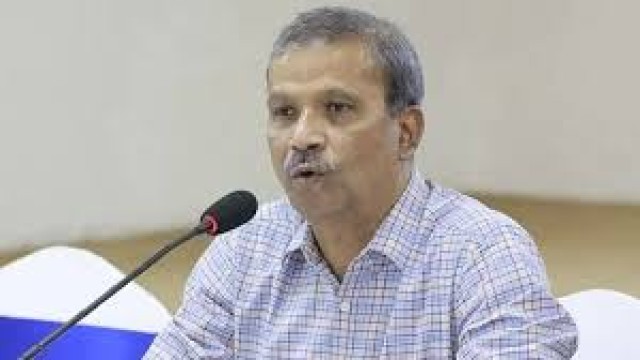
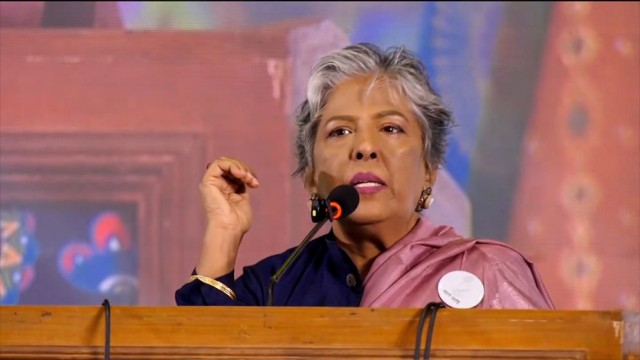
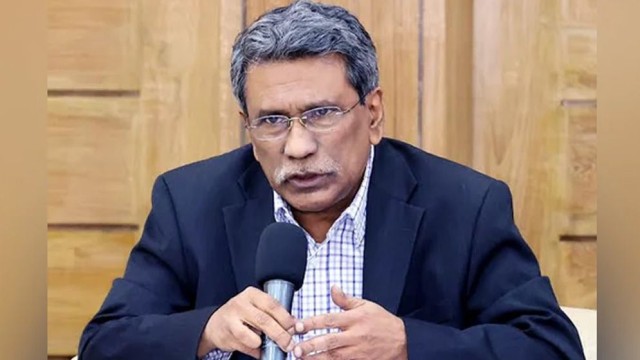

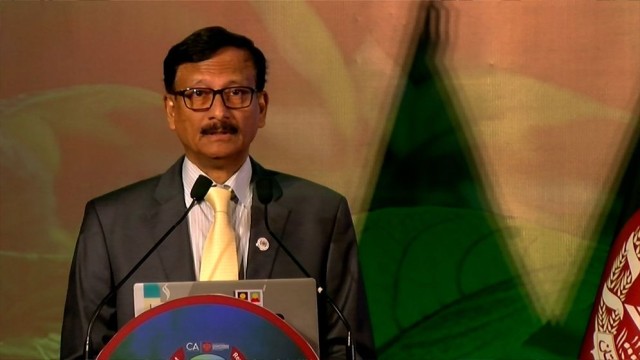

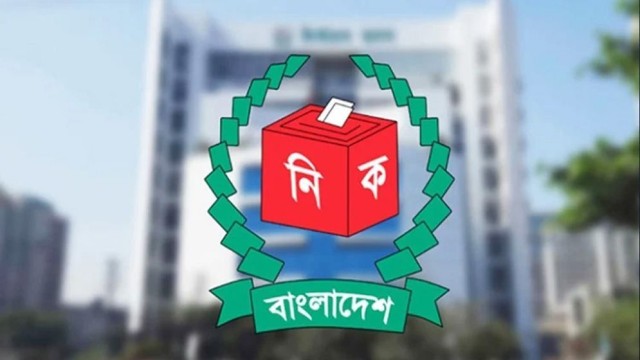
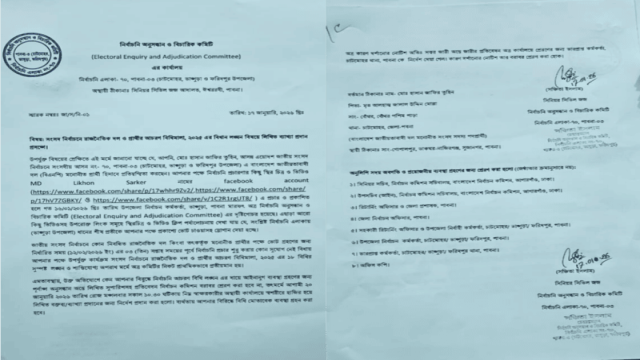


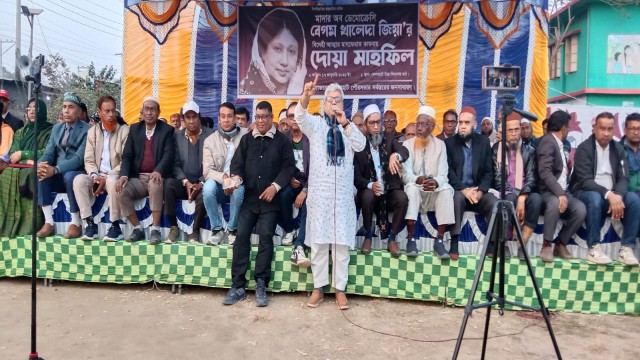

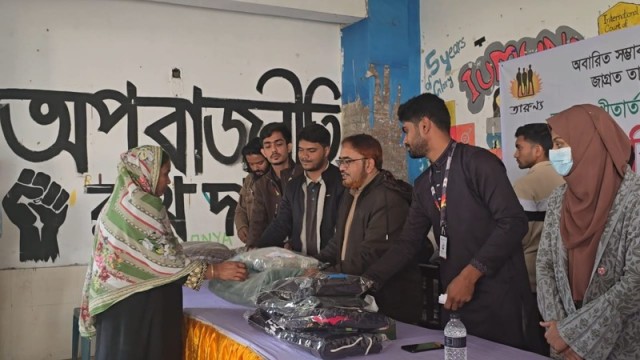
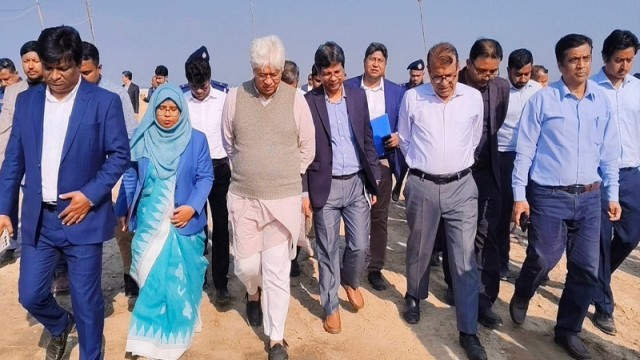
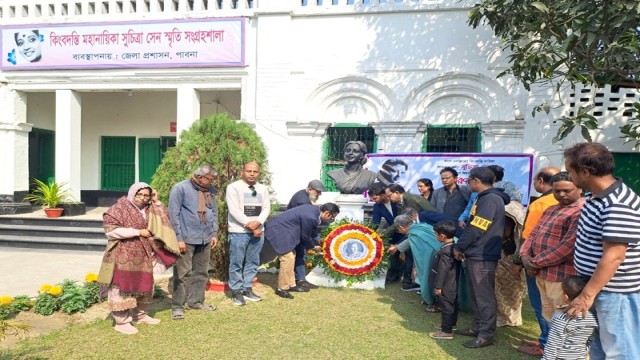
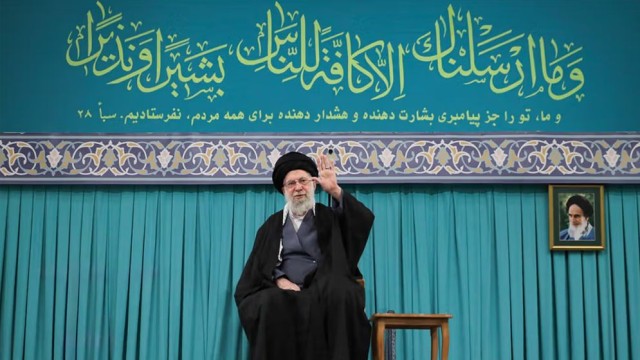





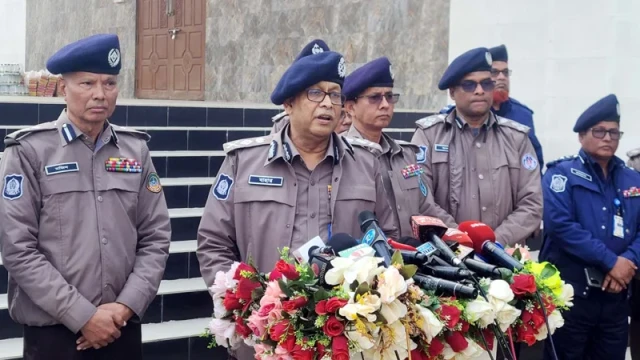
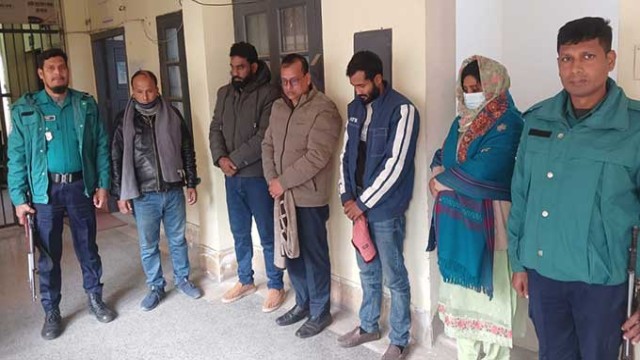





Comment: